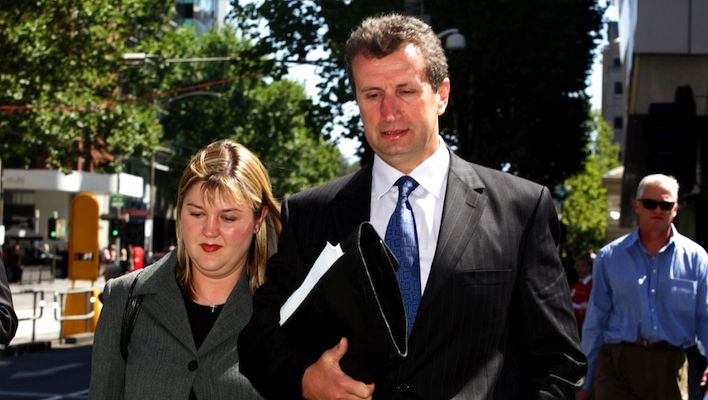Google Says It Will Have To Censor The Web If A $40K Defamation Verdict Is Not Overturned
A defamation case in Australia could force Google to censor the internet if not overturned, the search giant claims. The case dates back to 2016 and awarded $40,000 in defamation damages for an article Google linked to through its search engine. This isn’t the first time Google has been sued for defamation, but it certainly has the broadest implications so far.
George Defteros, a lawyer from Victoria, Australia, contacted Google in 2016 to remove an article from its search results. The article in question, published by The Age in 2004, reported murder charges against Defteros that were later dropped.

When the search giant refused to remove the article, Defteros successfully argued that its inaction defamed him. The court found in the lawyer’s favor and awarded damages. The Victorian Court of Appeals rejected Google’s bid to overturn the ruling.
Google now says if the ruling isn’t overturned, the impact could be “devastating” for the internet as a whole. In a new submission to the Australian High Court, the tech giant warns it will be forced to “censor” its search results if the verdict stands.
“[The ruling] means that Google will be liable as the publisher of any matter published on the Web to which its search results provide a hyperlink a reasonable time after it receives notification from a complainant that the matter may be defamatory of them,, regardless of the quality of that notice.. Further, that the matter is located on the webpage of a reputable news source and is of legitimate interest to the substantial proportion of people who use the search engine to locate it,, will not afford the operator with a complete defence. In order to prevent publication to those users of its search engine who may have merely an idle curiosity,, the search engine operator must prevent all users of its search engine, including those with a legitimate interest in the matter,, from being able to locate it by use of the search engine.”
Google further argues it should be entitled to the “innocent disseminator” defense provided by Australian law. A complainant would have to explain what the defamatory meanings were of the article and why they could not be defended.
This would clearly have protected Google in this instance, because the article was based in facts available at the time. To expect journalists to retract articles after a case is dismissed is bad enough, much less a company that simply provides a list of web pages that meet a certain criteria.
Let’s face it, we -- and we suspect most of you reading this as well -- doubt anybody wants Google to act as a censor for the World Wide Web.

